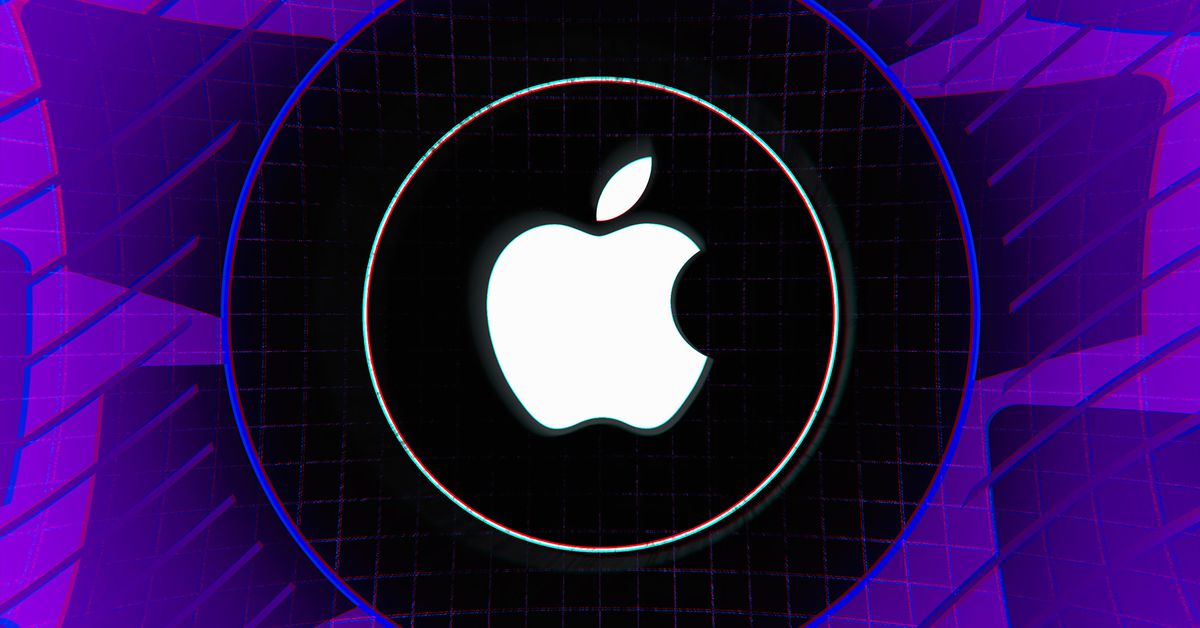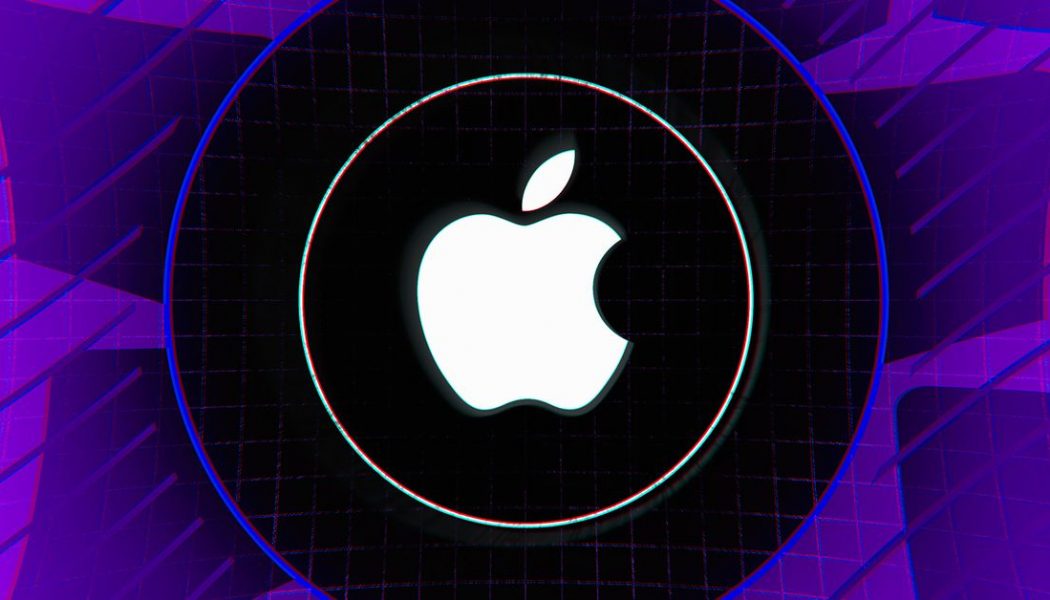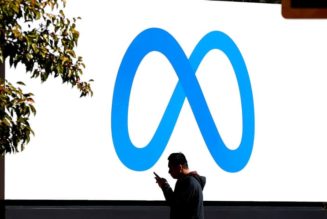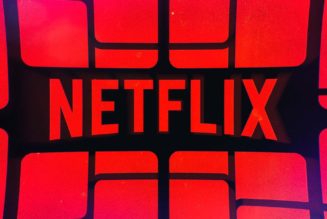
On May 3rd, Fortnite publisher Epic Games will finally have its day in court, forcing Apple to defend kicking Fortnite off the iOS App Store last year. Epic’s antitrust lawsuit is bigger than a single game; it’s a direct challenge to the App Store model, the most significant legal challenge Apple has faced since the Xerox days.
Last night, both sides filed a document called a “proposed findings of fact,” essentially laying out every factual claim they’ll rely on in their arguments. The documents run more than 650 pages in total, giving a detailed roadmap of how each side sees the case — from the early days of the iPhone to Epic’s specific preparations for picking this fight with Apple. But the filings also bring the case into focus, raising three questions that will be central to the trial over the coming months.
The heart of the case is the so-called App Store tax — a 30 percent surcharge Apple collects on purchases made through the App Store. Fortnite was kicked off the App Store for dodging that tax by installing its own payment system, which is forbidden under App Store rules. Now, Epic is making the case in court that the rules should never have been put in place.
You often hear that this case is about whether the App Store is a monopoly — but Epic’s argument is more subtle than that, drawing on antitrust ideas around legal monopolies and abuses of market power. As Epic sees it, Apple’s monopoly over iOS is legal, but it’s using the market power from that monopoly to dominate the secondary market for app distribution. Epic compares the situation to Microsoft’s antitrust case in the ’90s: a legitimate monopoly over Windows, extended illegally to the secondary market in web browsers.
It’s a good theory, but it only works if you see the App Store model as fundamentally separate from iOS. In its statement of facts, Apple describes the exclusive App Store as a fundamental part of the iPhone, part of the broader offering that makes the devices valuable. “Apple wanted to ensure that iOS devices were more protected from those malware and instability issues and quality issues that the PC world was used to,” Apple claims in its filing. App Store exclusivity is part of that, but so are security measures like the code-signing and hardware root-of-trust systems. On the software side, there is a range of private APIs and OS-level entitlements that are only enabled after App Store review, tying the systems that much tighter together.
Of course, it’s inconvenient for this argument that Google is offering a competing mobile operating system with none of these restrictions — to say nothing of Apple’s own macOS, which allows side loading. Clearly, it would be technically possible to allow competing app stores on iOS. The question is whether the court sees that as changing Apple’s business model or changing iOS itself.
One of the biggest challenges for Epic is that the App Store model is fairly widespread. Consoles like Xbox and PlayStation operate on basically the same playbook, delivering games digitally through an open but curated digital store that’s locked to the hardware and controlled by the manufacturer. That alone doesn’t make it legal, but it adds credence to Apple’s claim that the App Store lockdown isn’t trapping consumers. If you don’t want to play Fortnite on an iPhone, you can play it on a console or a PC. Some devices come locked into a specific distribution channel and some don’t, giving users the chance to vote with their feet.
Epic’s counter to this argument, as explained in the filing, is that “video game consoles operate under a radically different business model than smartphones.” Development for console games is slow and expensive work, and consoles are useless without a steady supply of those games, so console manufacturers are under immense pressure to attract developers. That means hardware itself is often sold at cost, leaving App Store commissions as the primary source of profit.
Apple is different, Epic argues, because most of its profits still come from iPhone sales. “Developers do not participate in those profits,” the filing argues, “even though the availability of apps contributes greatly to the sale of devices.”
On some level, this boils down to the argument that console companies are nicer to developers, so their platform power is less of an issue. The constant competition between Xbox and PlayStation gives game developers leverage to extract more favorable terms. But iOS and Android don’t compete for app developers in the same way, and the lower cost of mobile development means the competition happens on vastly different terms. Apple has given people lots of reasons to buy an iPhone, which means there’s less pressure on any given line of business. But that’s well short of the standard for monopoly power, and Apple ultimately comes away from the console comparison looking pretty good.
Underneath everything else, Apple is facing a profound question of how much control it can exert over its own devices. For critics, this is Apple’s original sin, using industrial and graphic design to lure customers into a walled garden, then locking the gate. For fans, it’s Apple’s genius, integrating hardware and software to deliver a more purposeful and powerful user experience. But it all rests on Apple’s ability to maintain a closed stack, using hardware integration to control what happens in software.
This trial won’t undo that stack, but it could limit what Apple can do with it. The Epic Games fight started over payment processing, but the same legal standard could allow for alternative app stores or limit the restrictions Apple can place on rogue apps like Parler. It’s a first step toward setting regulatory limits on how tech companies operate, similar to the regulations on wireless carriers or banks. At its most basic level, Epic is arguing that Apple’s ecosystem has grown too big and too powerful for it to be run entirely out of Cupertino, and it’s time for it to be directly accountable to antitrust law.
Hundreds of pages in Apple’s filing are devoted to the benefits of that system for developers and iPhone owners, much of it undeniably true. There really is less malware on iOS devices because of Apple’s software controls, even if scam apps sometimes slip through. The system really does generate a lot of money for iOS developers, many of whom couldn’t compete outside of Apple’s walled garden. The shift to digital distribution really has saved money for developers who don’t need to distribute their product through brick-and-mortar retail anymore.
But in a sense, all of that is beside the point. Abuses of market power aren’t excused just because they’re sometimes helpful, and classical monopolies like Standard Oil or Bell Telephone had lots of side benefits, too. The bigger question is whether courts are ready to dive into the mobile software stack and start dictating the terms of how tech companies can set up their marketplaces. That’s a hard question, and it won’t be settled by a single ruling or a single case. But one way or another, it’s a question this court will have to take on.









